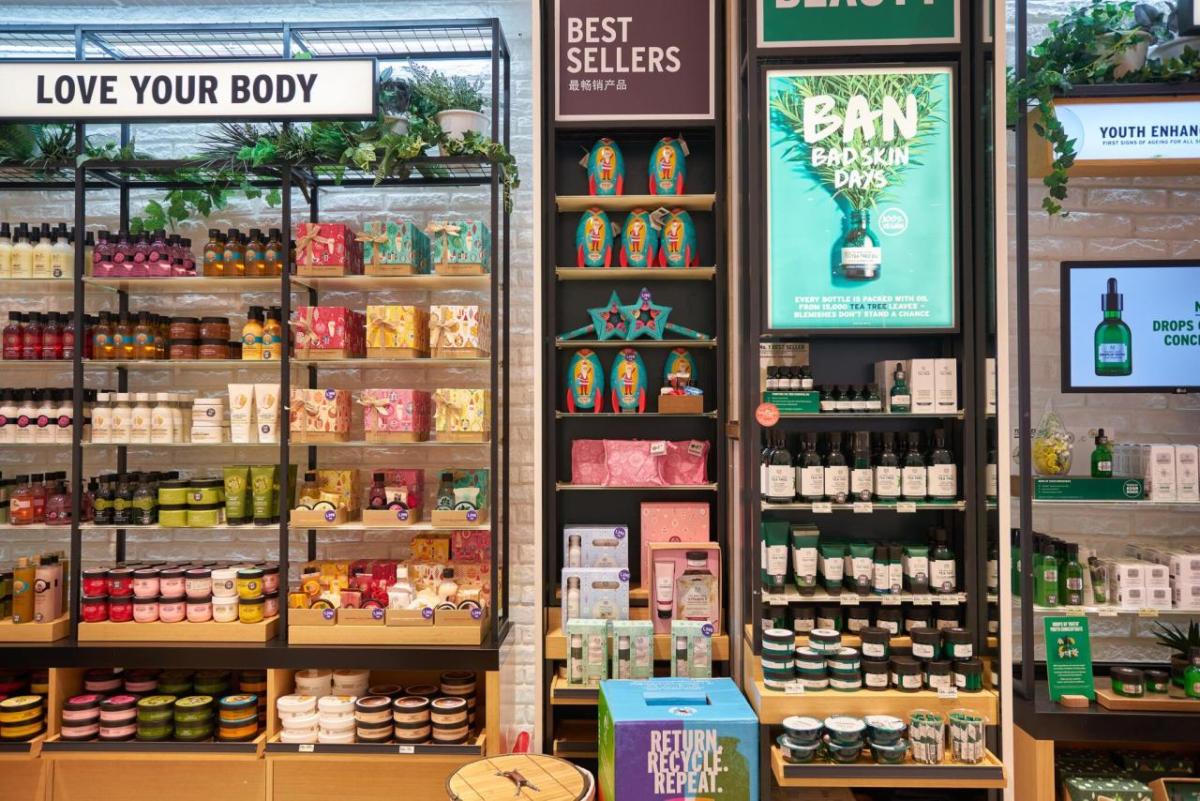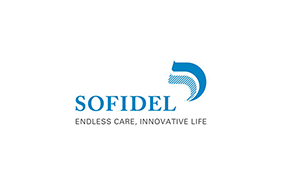Sofidel: “Visionary” Entrepreneurs and Managers
Published 08-12-24
Submitted by Sofidel

There are many entrepreneurs and managers whose sensibilities or insights have contributed significantly to guiding the evolution of corporate culture.
The name of Italian entrepreneur Adriano Olivetti (1901 – 1960) is one. His well-known quote summarizes well the richness (and future content) of his way of thinking: “The factory cannot look only at the profit index. It must distribute wealth, culture, services, and democracy. I think the factory for man.”
In more recent years, there has been significant interest in the experience and commitment to the environment of US entrepreneur Yvon Chouinard (1934), who, after contributing profoundly to the evolution of ice climbing equipment and founding and leading the sportswear company Patagonia (1973), in September 2022 announced his intention to divest it to an ad hoc fund (Patagonia Purpose Trust) and a nonprofit organization (Holdfast Collective) so that all corporate profits can be reinvested in the fight against climate change.

Another entrepreneurial figure distinguished for her commitment to human rights and the environment was Britain’s Anita Roddick (1942 – 2007), founder of The Body Shop cosmetics company in 1976. Her approach to beauty and business was different and innovative. Roddick’s choice was to use natural and ethical ingredients and sell her products in essential, refillable packaging. Simple choices that turned out to be “revolutionary” in the 1970s helped spread environmental and social justice awareness and promoted an idea of beauty that was less about imposed standards and more about taking care of oneself to help people develop self-esteem and positive energy.
Among the interesting examples in the world of managers, a special mention is undoubtedly due to the experience of Paul Polman (1956), CEO of Unilever for 10 years (from 2009 to 2019). His commitment to fostering the establishment of businesses capable of improving the lives of all is outlined in his book, Net Positive: How Courageous Companies Thrive by Giving More Than They Take. According to Polman, businesses today are called upon to help find answers for the two major challenges we are facing: climate change and growing inequality. According to Polman, companies should put themselves on the front line and support governments that cannot solve these problems alone.
Read more about topics related to environmental and social sustainability, themes and projects close to us in terms of culture and corporate modus operandi on our Soft&Green blog.



Sofidel
Sofidel
The Sofidel Group is one of the leading manufacturers of paper for hygienic and domestic use worldwide. Established in 1966, the Group has subsidiaries in 13 countries – Italy, Spain, the UK, Ireland, France, Belgium, Germany, Sweden, Poland, Hungary, Greece, Romania and the USA – with more than 6,000 employees, net sales of 2,095 million Euros (2021) and a production capacity of over one million tonnes per year (1,440,000 tonnes in 2021). “Regina”, its most well-known brand, is present on almost all the reference markets. Other brands include: Softis, Le Trèfle, Sopalin, KittenSoft, Nalys, Cosynel, Lycke, Nicky, Papernet. A member of the UN Global Compact and the international WWF Climate Savers programme, the Sofidel Group considers sustainability a strategic factor with regards to growth and is committed to reducing its impact on natural capital and maximising social benefits, setting as objective the creation of shared added value for all stakeholders. Sofidel’s greenhouse gas (GHG) emissions reduction targets to 2030 have been approved by the Science Based Targets initiative (SBTi) as consistent with reductions required to keep warming to well-below 2°C, in line with the goals of the Paris Agreement.
More from Sofidel

